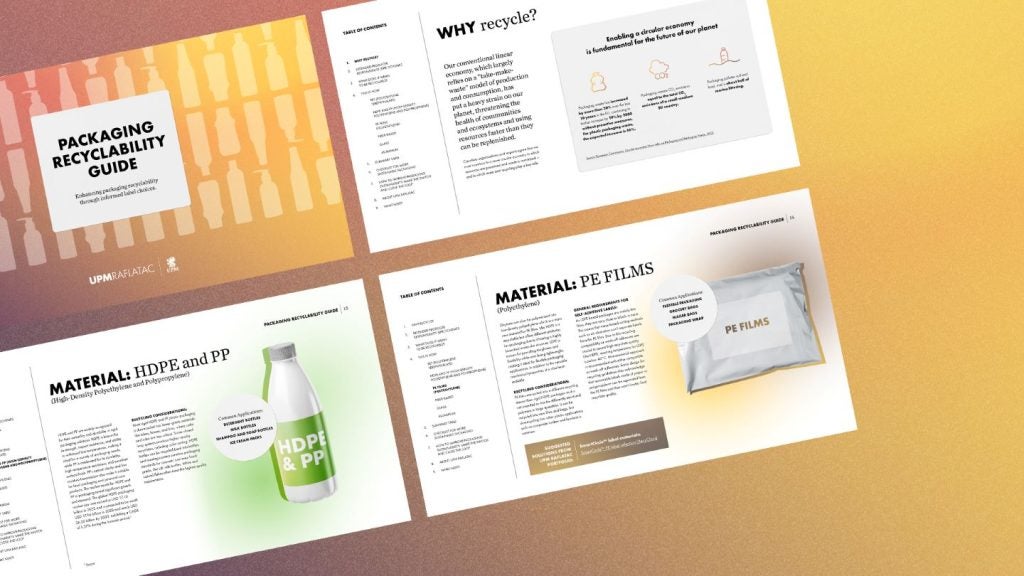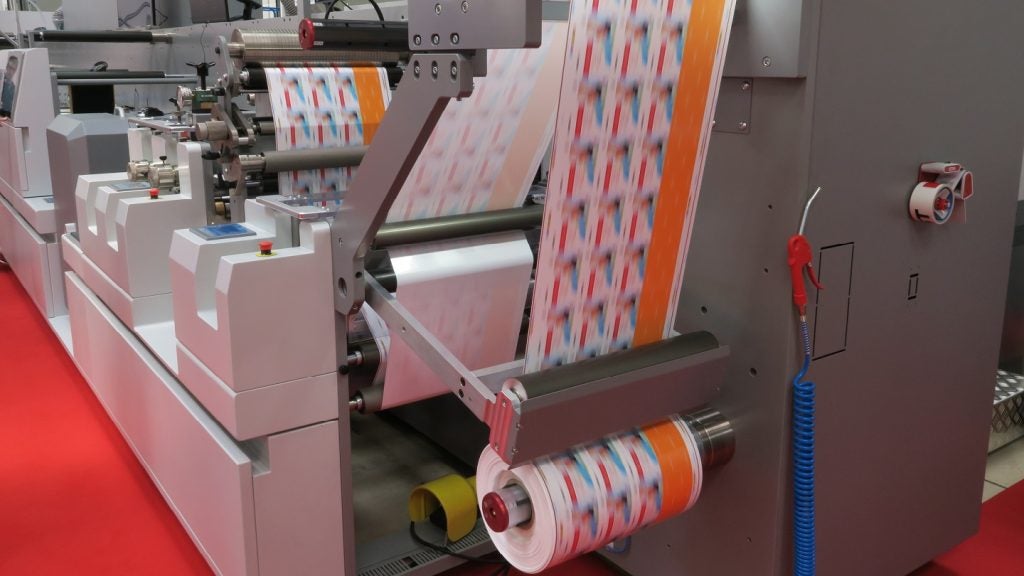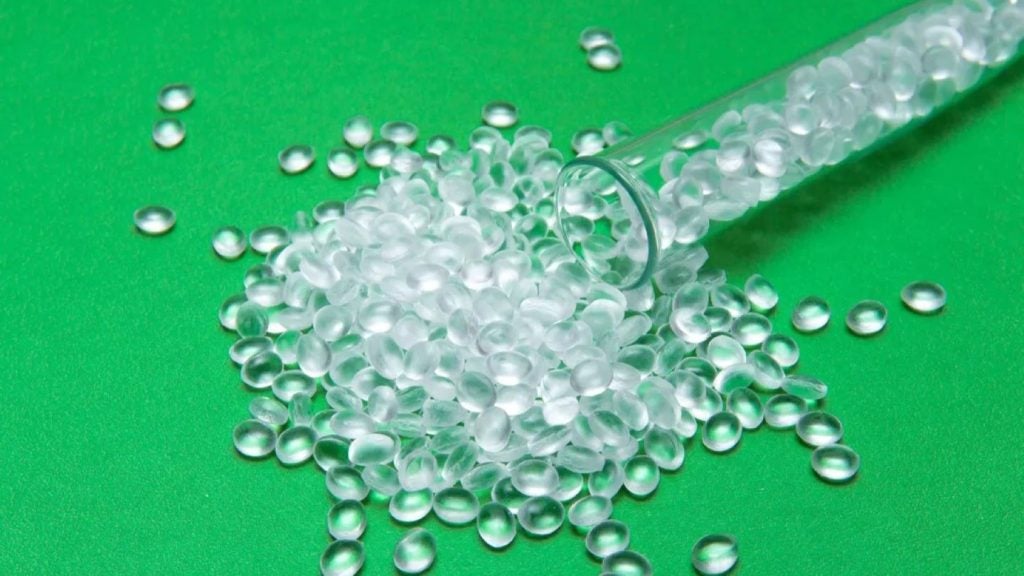Temperature-sensitive packaging plays a vital role in global supply chains, particularly in industries like pharmaceuticals, food, and chemicals.
Ensuring products are kept within a specific temperature range during transportation and storage is crucial for maintaining their quality, efficacy, and safety.
As supply chains continue to evolve and expand internationally, understanding how temperature-sensitive packaging solutions contribute to efficiency and reliability has become increasingly important.
Protecting perishable goods in transit
One of the primary industries reliant on temperature-sensitive packaging is the food sector.
With globalisation enabling fresh produce and perishable items to be shipped across continents, maintaining the cold chain — a supply chain designed to keep goods within a specified temperature range — is critical.
From dairy products and fresh vegetables to frozen seafood, improper temperature control can lead to spoilage, resulting in financial losses and food waste.
Innovations in temperature-sensitive packaging, such as insulated containers and refrigerants, allow goods to stay within their required temperature zones for extended periods.
These solutions ensure that food remains fresh from the point of origin to its destination, helping to meet consumer demand for high-quality products. For example, vacuum-sealed packaging can prevent temperature fluctuations that would otherwise cause spoilage.
Cold chain monitoring technologies, such as sensors and data loggers, are also increasingly integrated into packaging to provide real-time tracking of temperature conditions during transit, offering both suppliers and customers added peace of mind.
Ensuring the integrity of pharmaceuticals
The pharmaceutical industry is another sector where temperature-sensitive packaging is crucial. Many drugs, vaccines, and biologics require storage and transportation within strict temperature parameters to retain their potency and effectiveness.
For instance, vaccines must often be kept within a narrow temperature range, typically between 2°C and 8°C. Deviations from this range can render them ineffective, leading to public health risks and financial losses.
Specialised packaging, such as phase change materials (PCMs) and vacuum-insulated panels (VIPs), are now widely used to ensure temperature-sensitive pharmaceuticals remain stable during transport.
These advanced materials absorb or release heat to maintain a constant internal temperature, even when external conditions fluctuate.
The rise of biologics and personalised medicines has increased the demand for more sophisticated solutions, as these products are often more sensitive to environmental conditions than traditional pharmaceuticals.
The pharmaceutical industry is also benefiting from advancements in temperature-monitoring technologies. Smart packaging with embedded temperature sensors enables real-time tracking of the product’s environment throughout the supply chain.
This ensures that any temperature excursions are quickly identified, and corrective measures can be taken to protect the product. In addition, this data can be used for compliance reporting, meeting the stringent regulations governing the transportation of medical products.
Sustainability and innovation in temperature-sensitive packaging
In recent years, the drive towards more sustainable packaging solutions has extended to temperature-sensitive packaging.
While traditional temperature-control packaging, such as single-use polystyrene foam coolers, has been effective, it has also contributed to environmental concerns due to its non-recyclable nature.
Today, companies are increasingly seeking eco-friendly alternatives that still offer reliable temperature protection.
Biodegradable and reusable packaging solutions are gaining traction as a result.
Some companies have developed insulated packaging made from recyclable materials, such as paper-based liners or plant-based foams, which not only provide the necessary temperature control but also reduce the environmental impact.
Reusable containers, designed to be returned and reused multiple times, offer a sustainable alternative to single-use packaging, lowering both waste and long-term costs.
The introduction of digital tools to optimise temperature-controlled logistics also contributes to sustainability. With the help of predictive analytics, companies can now forecast potential risks related to temperature changes and reroute shipments to prevent temperature-sensitive goods from being compromised.
This type of innovation ensures that goods are delivered efficiently while reducing the likelihood of wasted products due to temperature deviations.
The future of temperature-sensitive packaging in supply chains
The future of temperature-sensitive packaging in supply chains looks set to be shaped by both technological advancements and growing sustainability concerns.
As the demand for more sophisticated, eco-friendly solutions grows, businesses will need to invest in packaging innovations that offer improved thermal protection without compromising on environmental responsibility.
Smart packaging will continue to play a pivotal role, with sensors and IoT-based solutions becoming more prevalent to ensure temperature-sensitive goods are properly monitored in real time.
Moreover, as global regulations governing temperature-sensitive products become more stringent, companies will have to adopt packaging solutions that meet both regulatory standards and consumer expectations for product safety and sustainability.
In conclusion, temperature-sensitive packaging is an essential component of modern supply chains, ensuring the safe delivery of perishable goods and temperature-sensitive products across the globe.
As industries evolve, innovations in packaging and logistics will help to meet the challenges of maintaining product integrity while addressing the pressing need for more sustainable solutions.
By embracing new technologies and sustainable practices, companies can protect their products, reduce waste, and ensure compliance with increasingly rigorous global standards.















